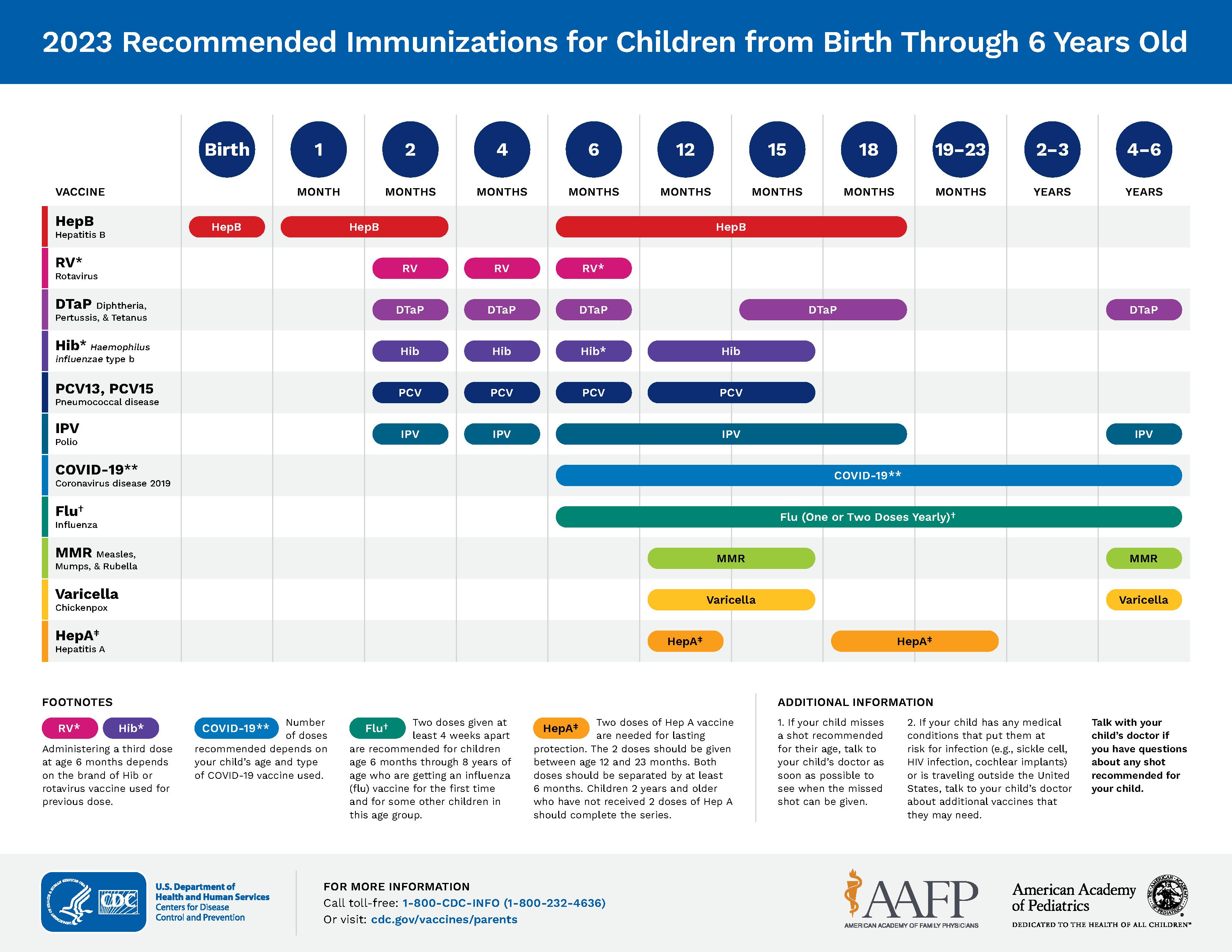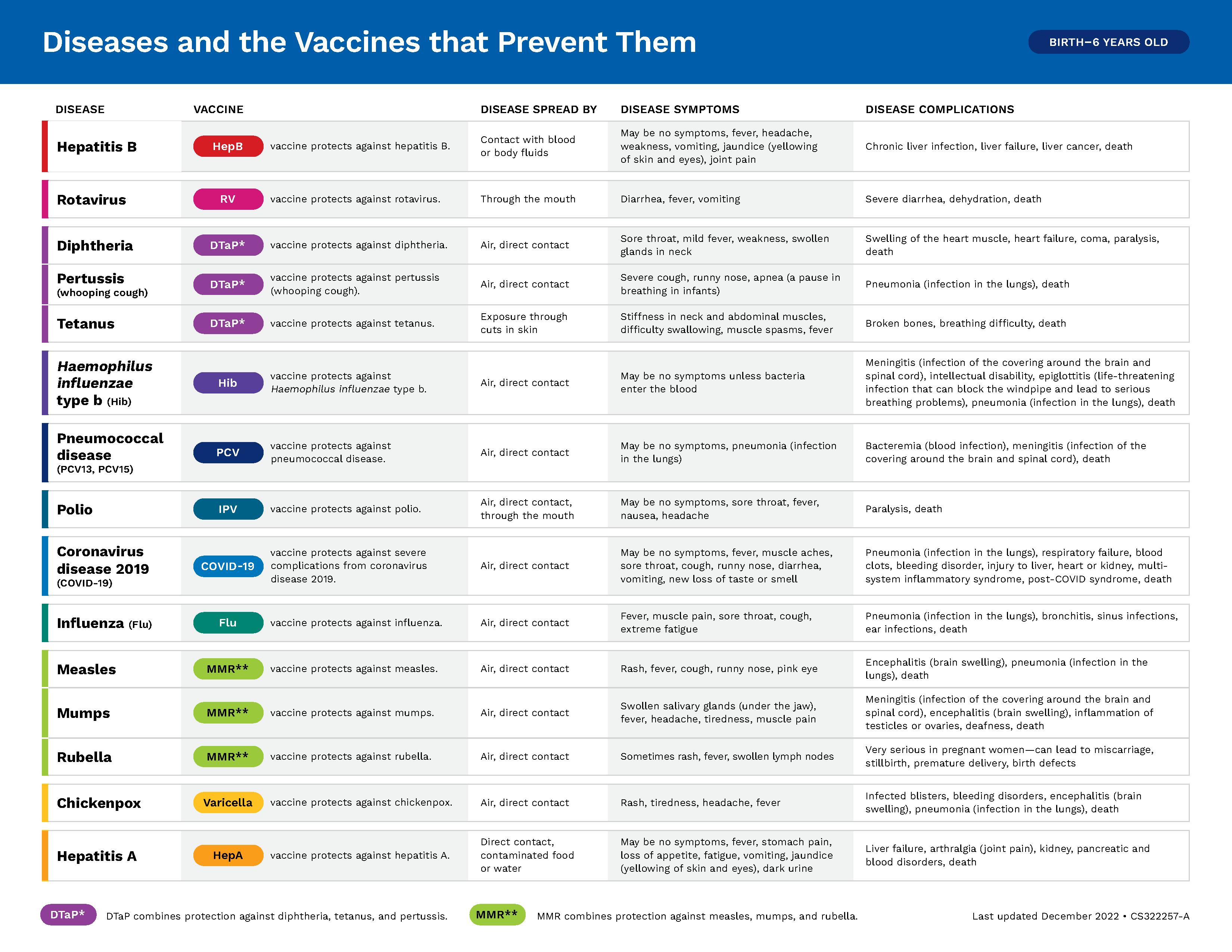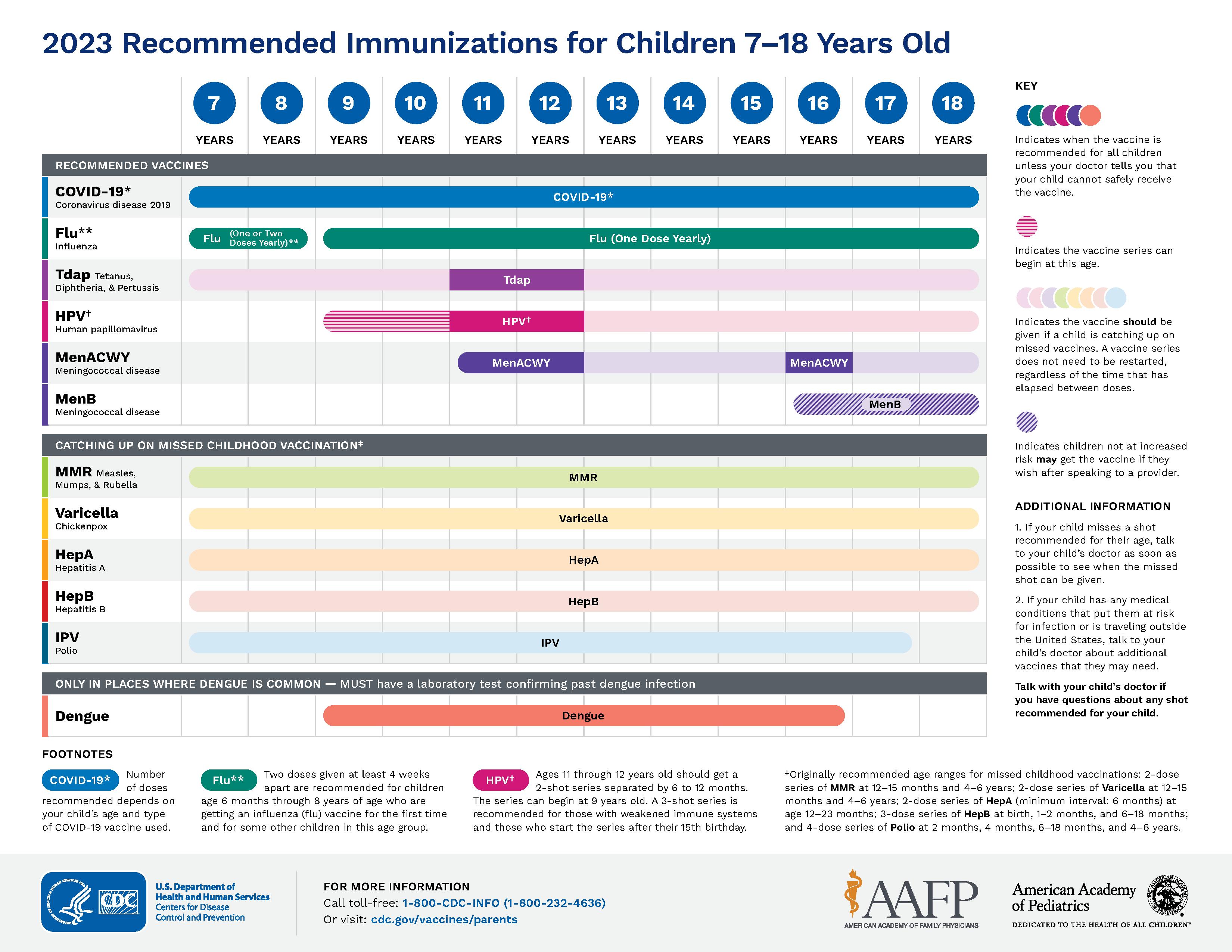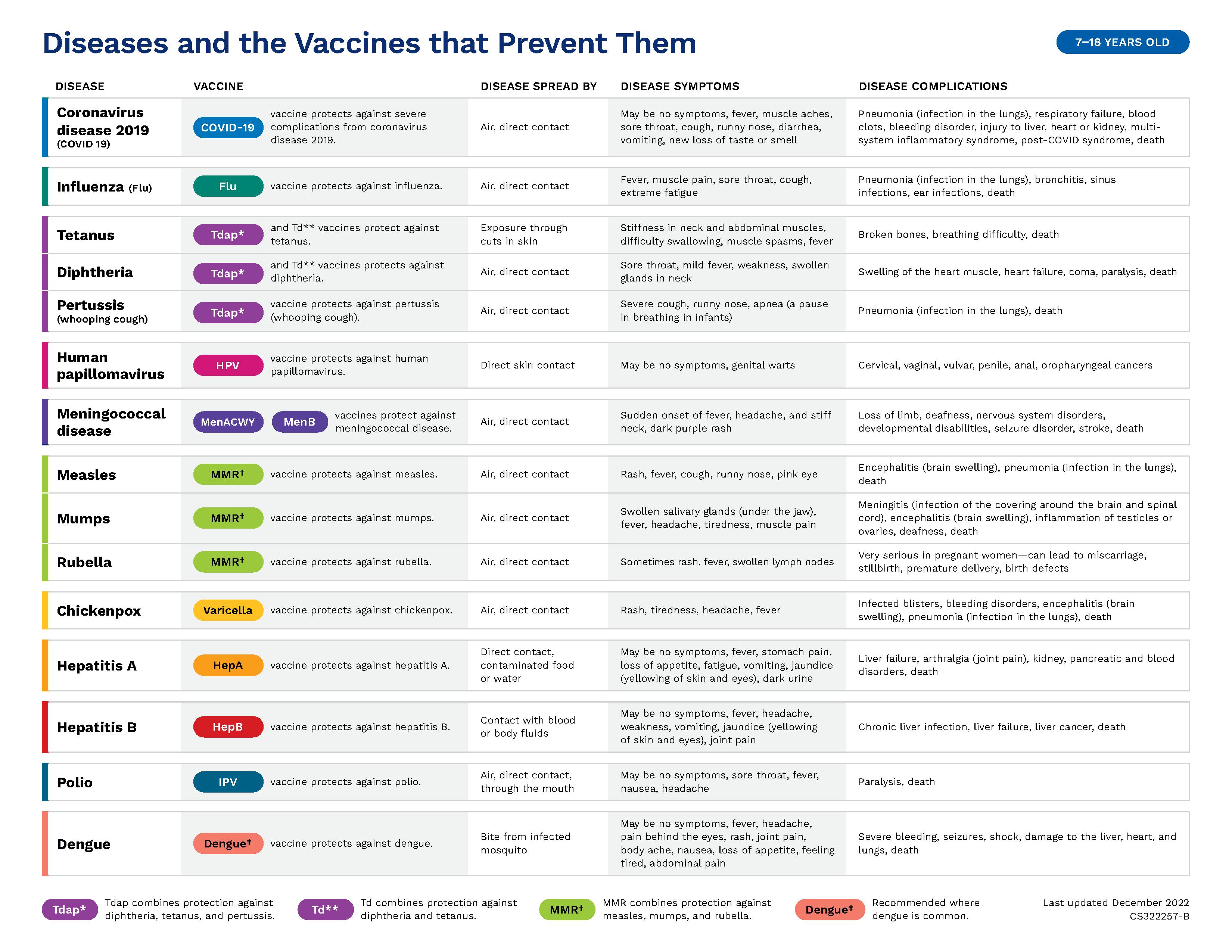520 E. Kendall Drive, Suite C - Yorkville, IL 60560

Newborn

Colic
Colic can be one of the major stresses in child rearing. The colicky infant usually cries for at least several hours a day, more often in the late afternoon and early evening hours. It begins in the first few weeks of life, peaks in the fourth to sixth week, and then typically resolves by the third or fourth month of life. Your child may display sudden and intense crying which is accompanied by stiffening, drawing up of the legs, and passing of gas.
Feeding Your Baby
Breast milk is good for your baby. It is superior to any alternative form of infant formula and is uniquely designed to meet the nutritional needs of your infant. It contains antibodies which will help protect your baby against illness. Breastfeeding is easy, inexpensive, and convenient; there are no bottles to wash and no formula to prepare. Breast milk is easy to digest, and less allergenic, thus there are fewer problems with constipation and diarrhea. Breastfeeding provides a special bonding for baby and mother. It also helps mom get back into shape by contracting the uterus.
Newborn Characteristics
All babies are different. Here is a summary of some of the physical characteristics and newborn behavior that your baby may have. Each of them are normal findings. Take a minute to examine your baby, looking for some of these characteristics.
Sleeping
Newborns sleep a lot during the first month of life. Your child may sleep anywhere from 12 to 20 hours per day with an average of 16 hours per day. The duration of this sleep is variable, from 15 minutes to 5 or 6 hours.
Immunizations







